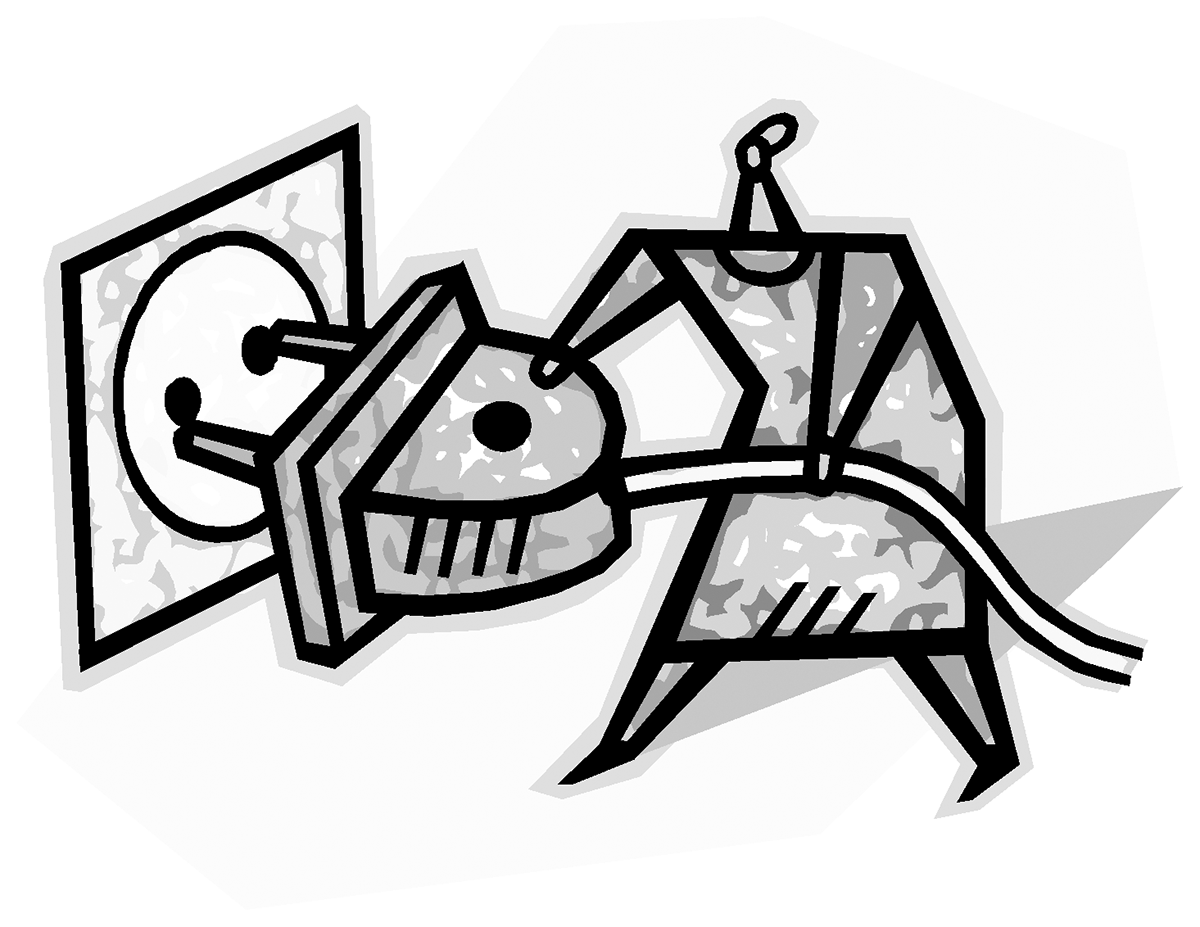
by Mary E. Wood, Professor, UO Department of English
When I think of my involvement with the Narrative, Health, and Social Justice Research Interest Group sponsored by CSWS, I imagine myself as an electric car plugging into the recharge station. Like many of my colleagues, while I love the daily work of being a professor, it’s easy to get distracted from the deep intellectual engagement and exchange of ideas that drew me to the profession in the first place. In the RIG I’ve found a group of like-minded colleagues (both faculty and graduate students) from a range of different academic disciplines and departments who spark each other’s research interests and writing projects.
This particular RIG was the brainchild of three faculty—myself (a literary and cultural studies scholar from English), Kristin Yarris (an anthropologist from international studies) and Elizabeth Reis (a historian from women’s and gender studies)—who share an interest in the cultural construction of conceptions of health, illness, and wellbeing and in the ways that social inequalities and injustices infuse healthcare delivery systems in the United States and worldwide. All of us felt constrained by the disciplinary limitations imposed by institutional divisions among departments and found that cross-disciplinary connections stimulated both our research and our teaching. By creating the RIG a year ago, with the enthusiastic help and support of CSWS, we were able to foster a way not only to meet regularly for an exciting and inspiring exchange of ideas but to connect with others—both faculty and graduate students—who share those interests.
This past year, in addition to beginning a works-in-progress series for our members, we were able, with the help of CSWS funds earmarked for RIG events, to bring Cheryl Mattingly to campus as a speaker. A medical anthropologist from University of Southern California, Mattingly bridged all of our interests. In addition to scheduling a public lecture, we offered a methodology workshop that brought together graduate students and faculty from a range of disciplines. This and other RIG events have fostered mentorship and community learning in ways that stimulate the scholarship, and ultimately the productivity, of all involved. In 2014-15, our RIG will bring another speaker to campus—Johanna Crane, who works on the global politics behind AIDS-related healthcare practice and policy in Africa—as part of a national student-led global health conference coming to UO in the spring.
For me personally, participation in the RIG has had a profound effect on my scholarship, which has been influenced by our readings, discussions, and speaker events as well as by our sharing of teaching ideas (some of us have co-taught or done guest lectures in other RIG members’ classes). Sometimes cross-disciplinary discussions can be challenging, as we work to understand each other’s perspectives and priorities. The RIG has pushed me—in positive ways—to ask hard questions of my own discipline (why do literary and cultural studies matter when people are sick and dying?) and to confront my simplistic preconceptions about what other disciplines do. As we explore each other’s points of view our understanding expands, and this can only have a positive impact on our research and writing.
—Mary E. Wood (English) is a member of the CSWS Advisory Board. Her books include Life Writing and Schizophrenia: Encounters at the Edge of Meaning (Rodopi Press, 2013) and The Writing on the Wall: Women’s Autobiography and the Asylum (University of Illinois Press, 1994).

